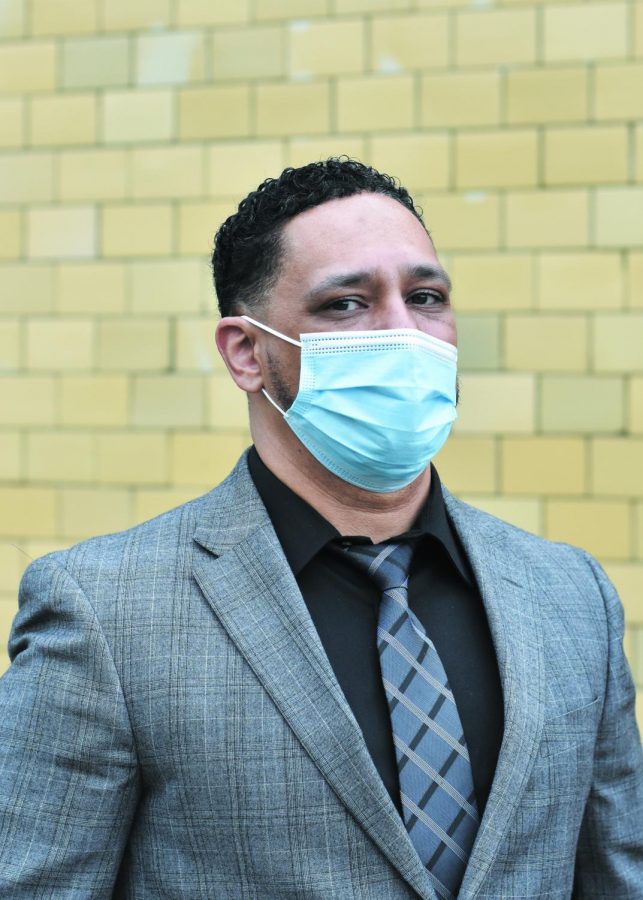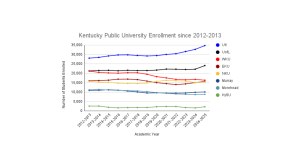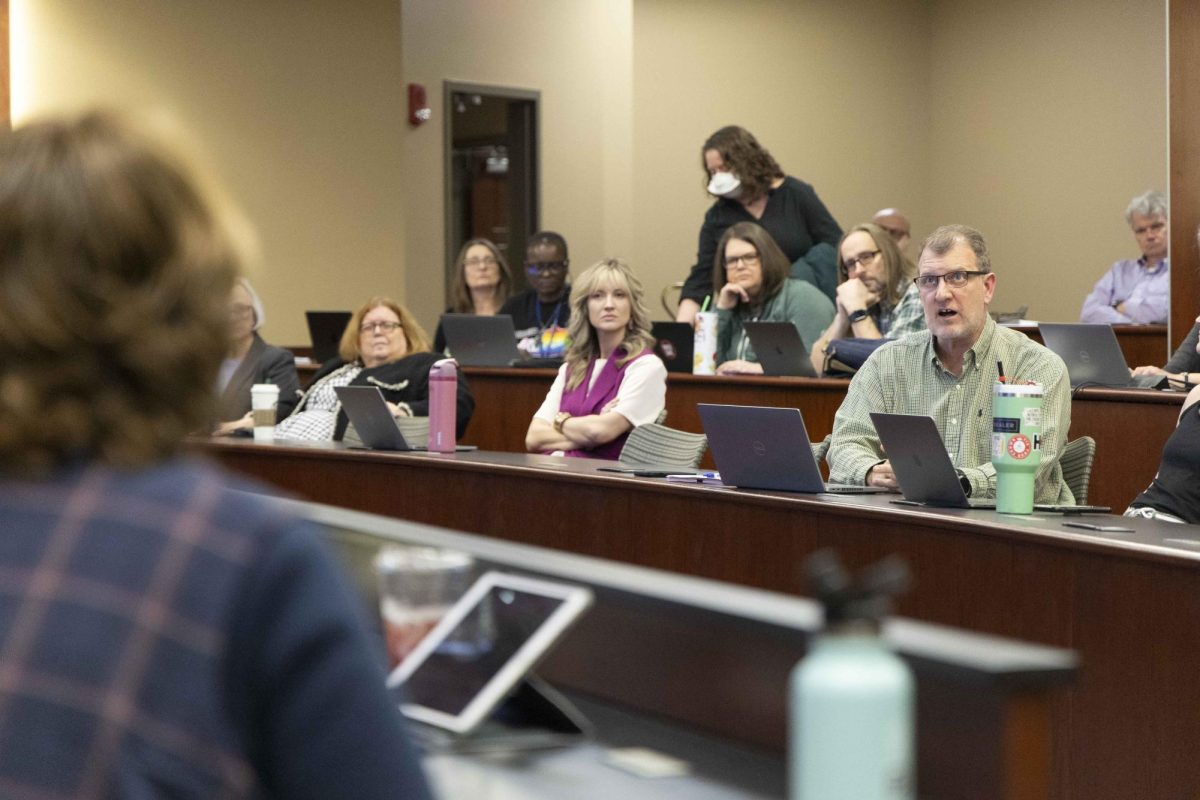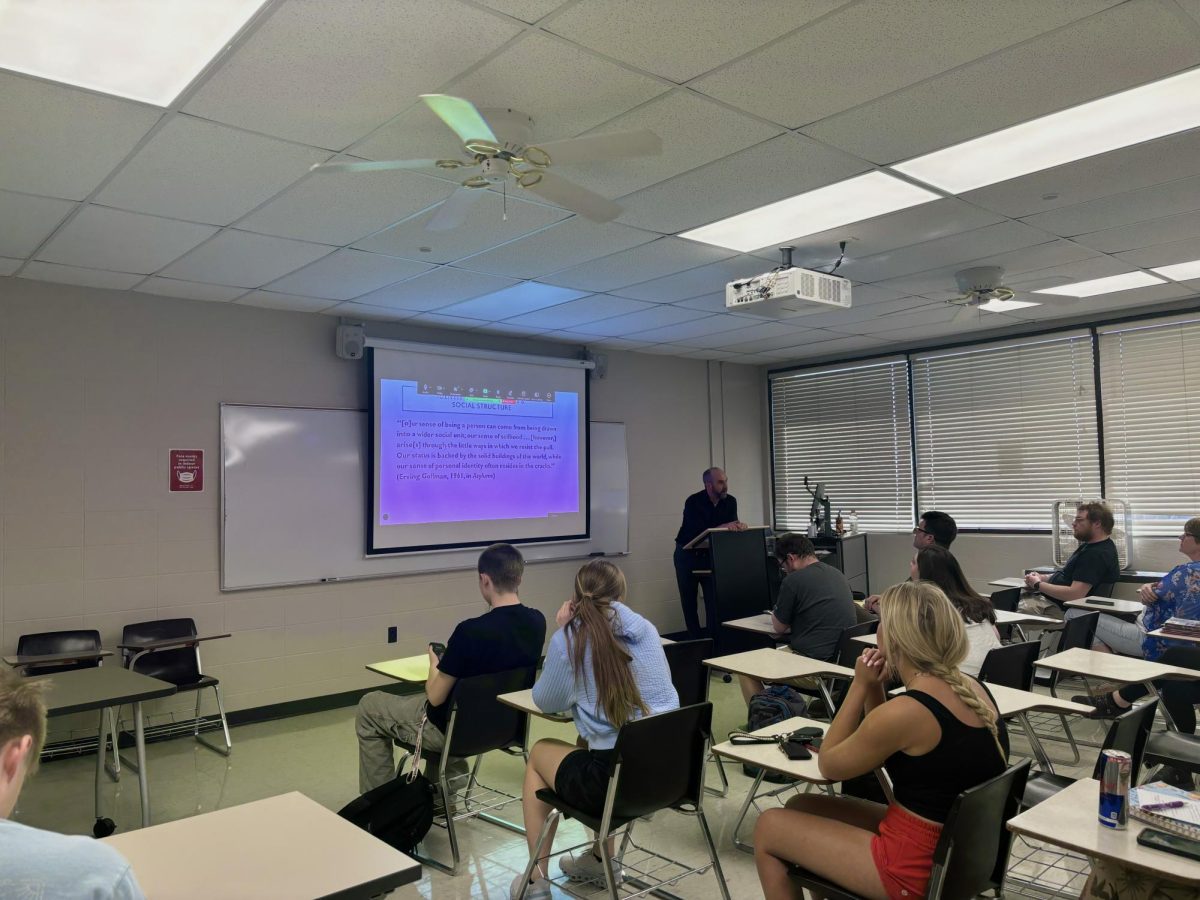City Commission candidate Carlos Bailey on college-relevant issues
November 1, 2020
Carlos Bailey is a local attorney on the ballot this election season running for one of four city commissioner seats. Bailey said he wants to represent the underrepresented in Bowling Green.
“If I’m elected, I’m going to fight for the rights of all people, because I understand what it’s like to be poor,” Bailey said. “I know what it’s like trying to get to a job, or not having affordable housing, so when I’m voting on those things, I’m bringing my experience.”
Affordable Housing
Bailey said one of his top priorities, if elected to the commission, would be to address the lack of affordable housing in the city.
“You see more apartments going up than you do affordable homes,” Bailey said.
One proposal Bailey wants to push is transforming city-owned land into residential affordable housing.
“The taxpayer has to pay for that land, and it’s vacant, the buildings are vacant,” Bailey said. “Maybe we get with developers and tell them, ‘I understand you are a commercial business and we want you to make money, but we can partner in some community benefit agreement to see if we can provide affordable homes.’”
Bailey also said the city needs to expand Housing and Urban Development vouchers by “at least 100.”
He also wants to see a push for alternative housing like transition homes and tiny homes.
“We know home-ownership and having a job with a living wage is the best way to fight crime,” Bailey said.
Regarding college living, some candidates have expressed a desire to implement a rent-control system. Bailey is not in favor of such an ordinance.
“I know some candidates have talked about rent control — I’m not sure I’m there yet,” Bailey said. “I am open to the idea and willing to listen.”
Fairness Ordinance
One proposal he is in favor of is the Fairness Ordinance, which bans LGBTQ discrimination in the workforce and in housing. Bowling Green is the largest city in Kentucky without a Fairness Ordinance in place after failing via a 3-2 vote in 2019. Bailey says he supports the ordinance because it will promote equality and strengthen Bowling Green’s diversity.
“Nobody deserves to be discriminated against, period,” Bailey said. “We lose so much talent from WKU, and it’s just bad for business. We lose talent because people don’t feel like they’re wanted here.”
Bailey also says he thinks it’s important to uplift marginalized communities who are struggling with job insecurity.
Black Lives Matter
According to WBKO, only 6% of city employees are African American, while Bowling Green’s population is 13% African American. Bailey says the city needs to take a more proactive approach in training individuals who might not be considered qualified for the job to provide stable employment to those who struggle the most.
“We need to make sure our city is reflective of our population,” Bailey said. “There are 7,000 city jobs right now that are unfilled. One of the reasons those jobs aren’t being filled is because they say ‘you don’t have the experience,’ but you can’t have the experience unless you get hired.”
Recycling, Roads and Infrastructure
Along with filling vacant jobs in the city, Bailey wants to see the city continue creating more walkways and bike paths, prioritizing solar power and increasing public bus routes.
Bailey said one of his priorities to reform infrastructure is broadening access to transportation by “increasing bus routes” and making buses more affordable.
Bailey also wants to work with WKU and the Warren County government to devise a more “strategic plan” for recycling in the city.
“We know we’re going to have to do something now, we can’t wait until tomorrow,” Bailey said. “Trash is going to be everywhere, pollution can go into the ground, and then that pollution is going to go to the drinking water.”
He wants the city to also adopt a city-wide broadband infrastructure plan similar to Chattanooga, which became the first city to provide gigabit internet to every resident, according to PCmag.
With a pandemic transitioning students and parents to working at home, Bailey said it’s crucial to “bring more competition” that will foster greater gigabit internet access.
“Everybody should have a fair shot to work, live and connect in Bowling Green,” Bailey said.
Easton Reynolds can be reached at easton.reynolds653@topper.wku.edu Follow him on Twitter @epdogg5000.

















